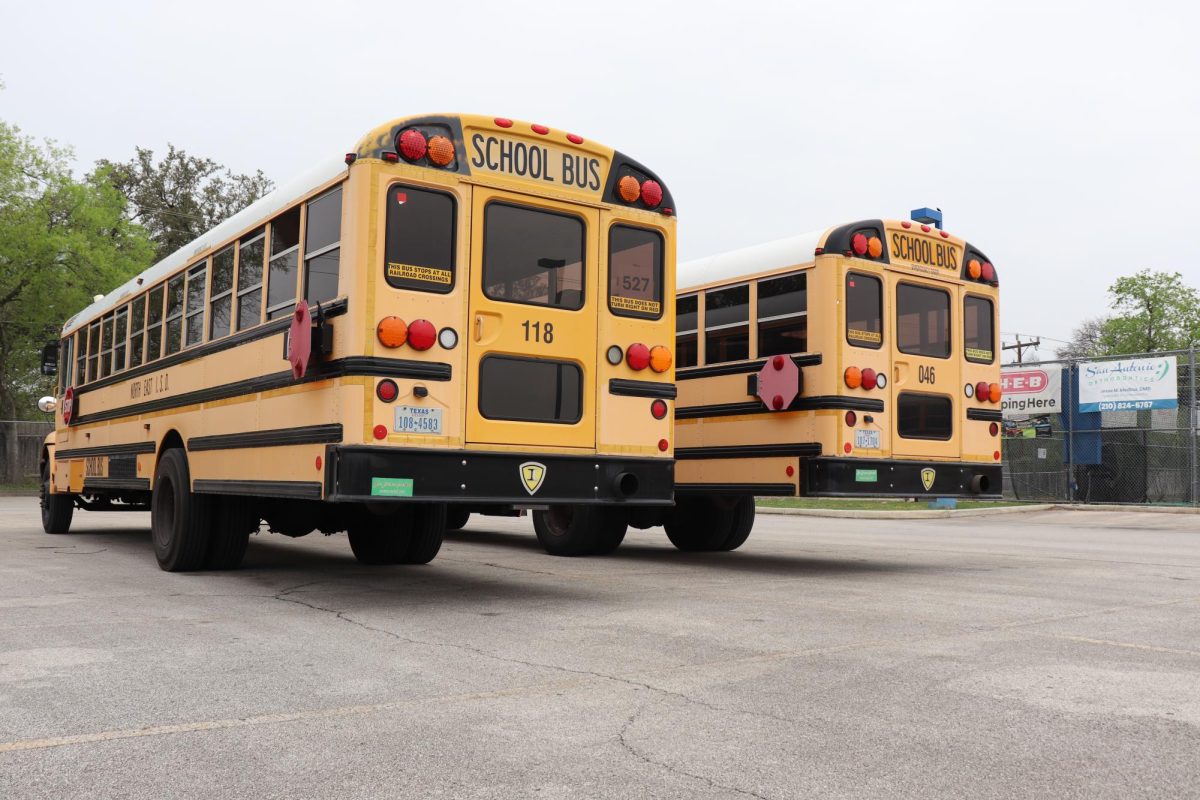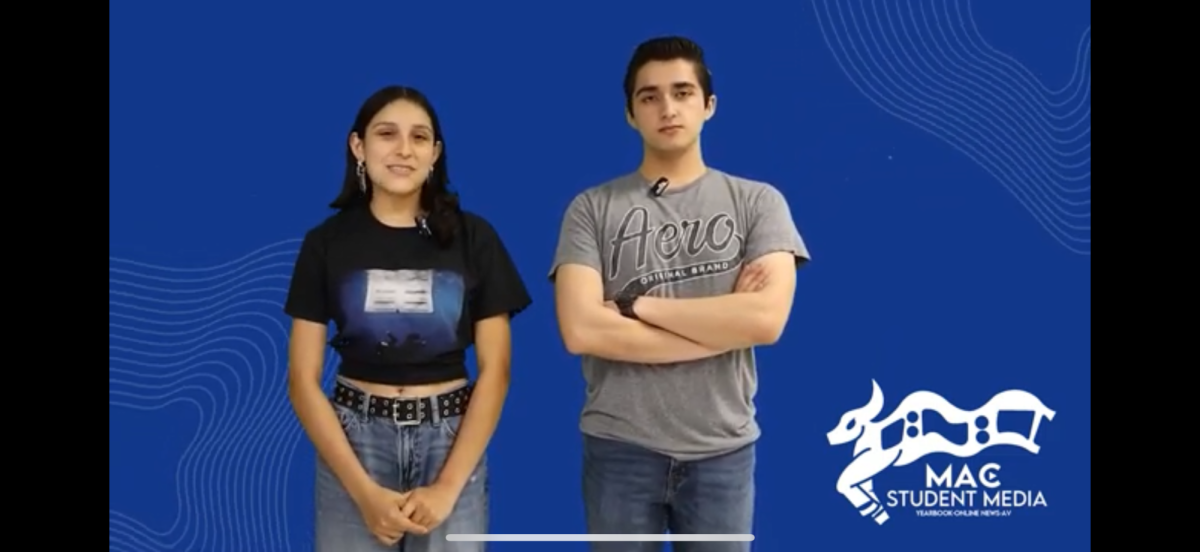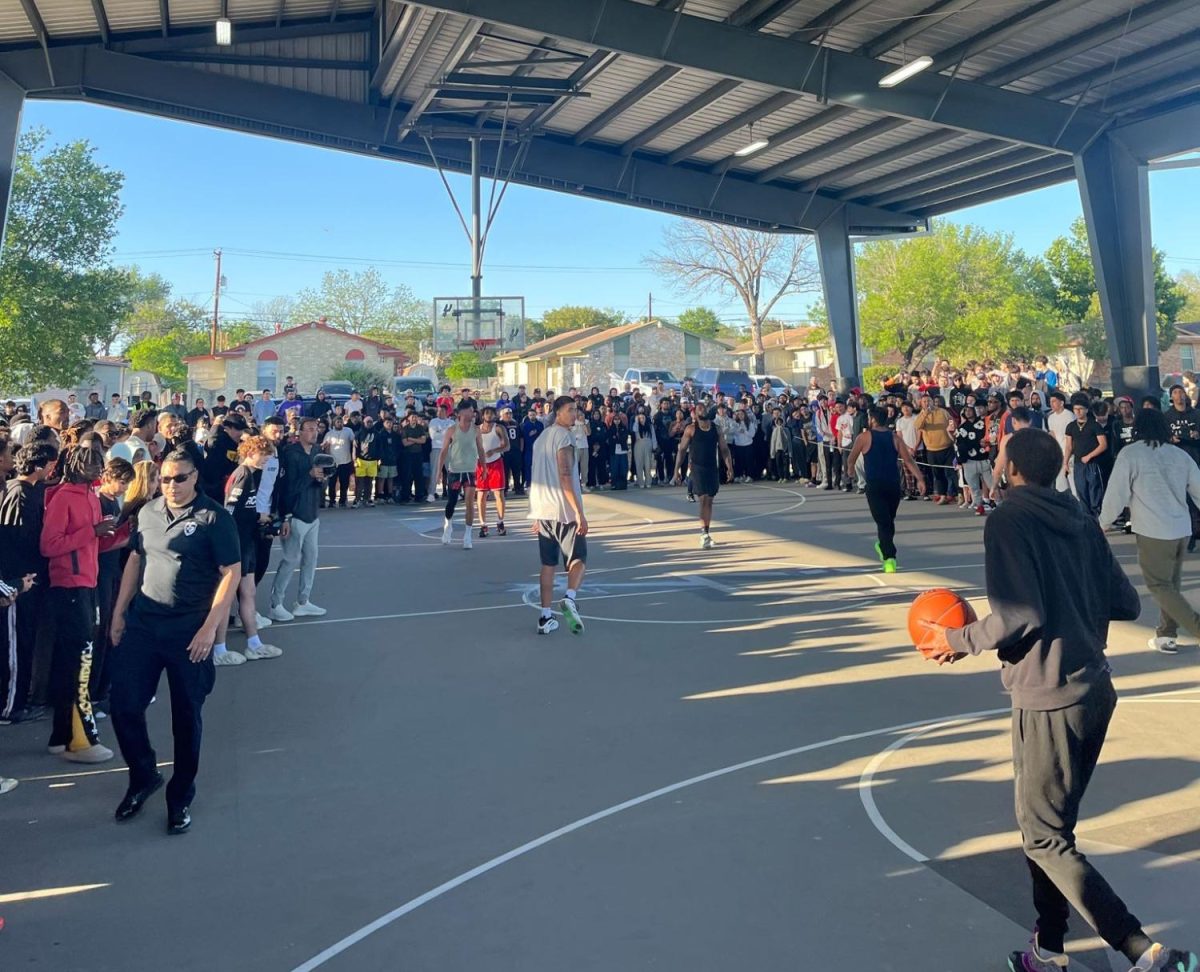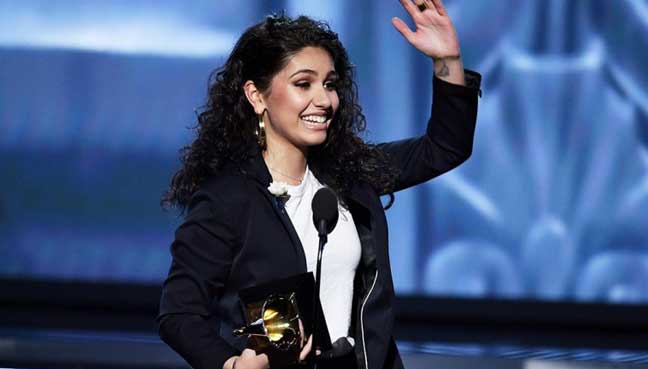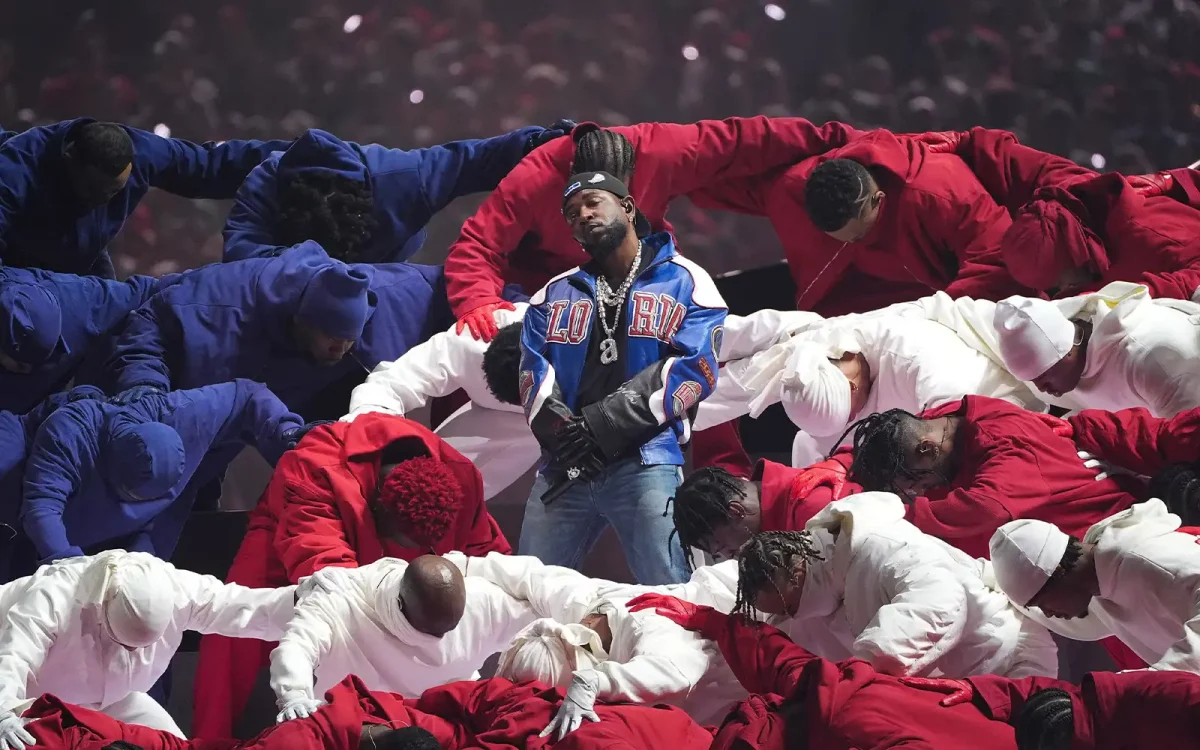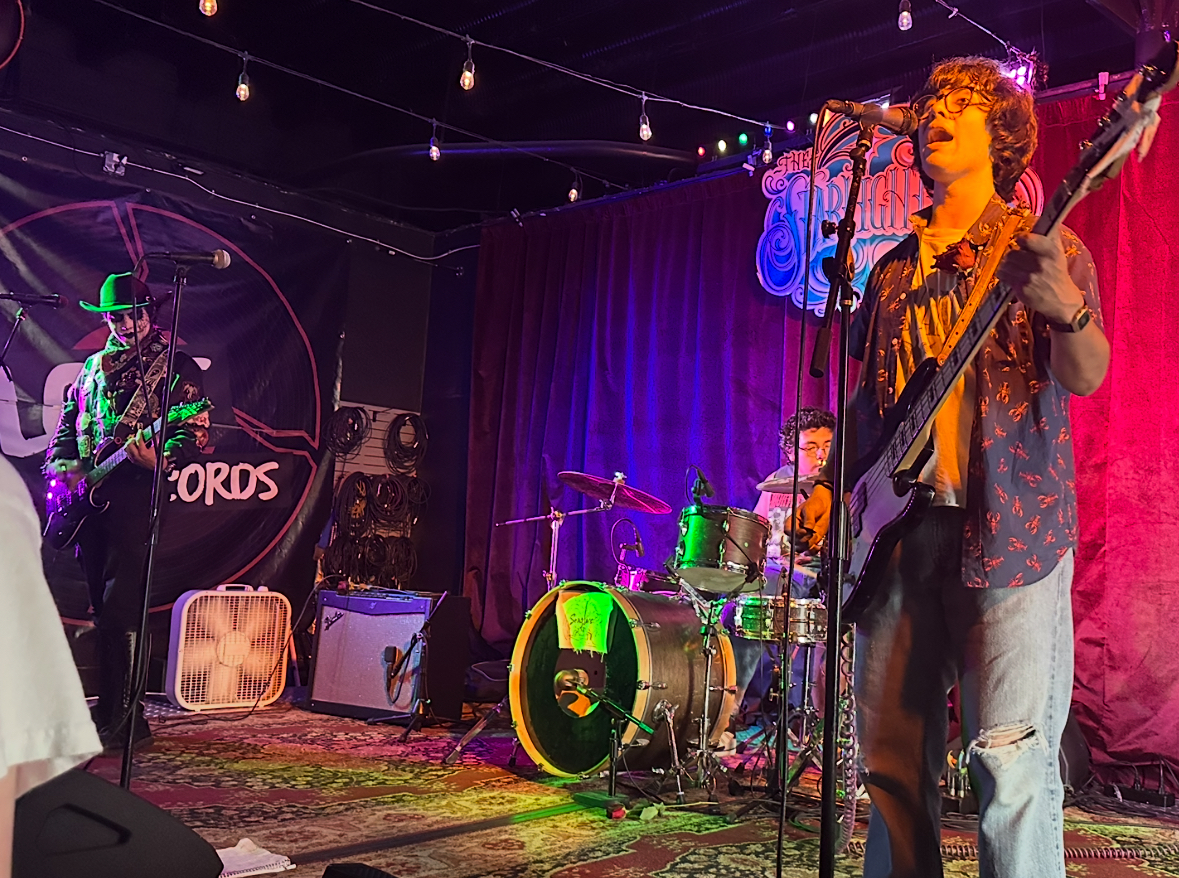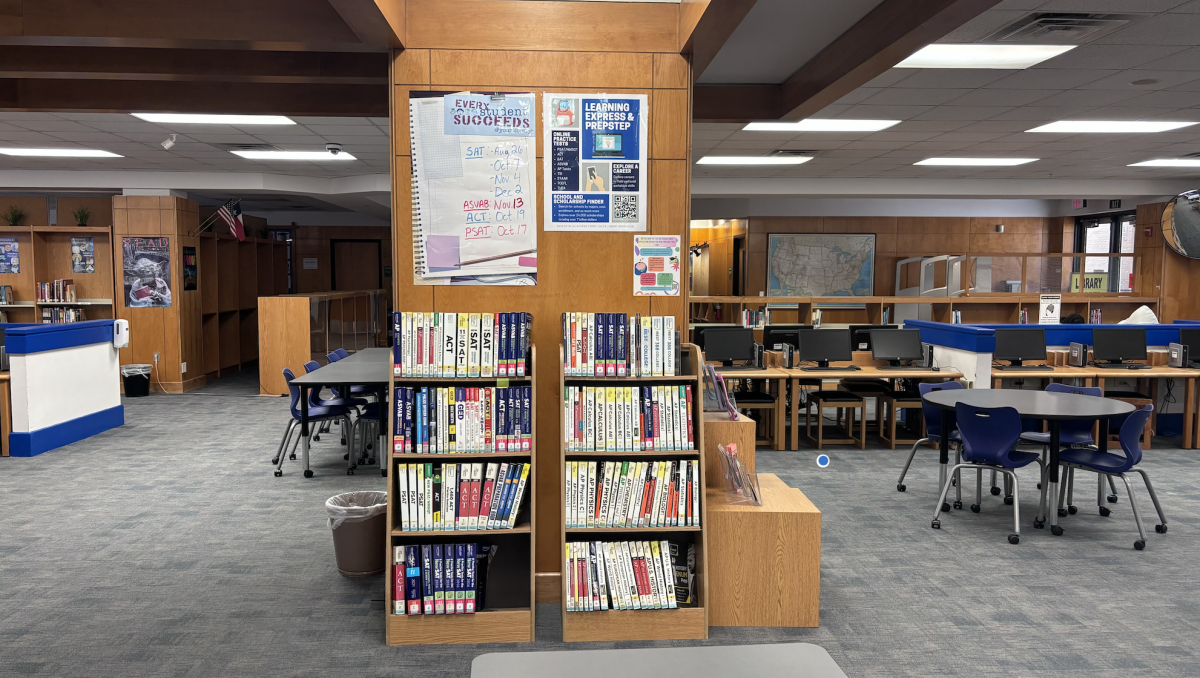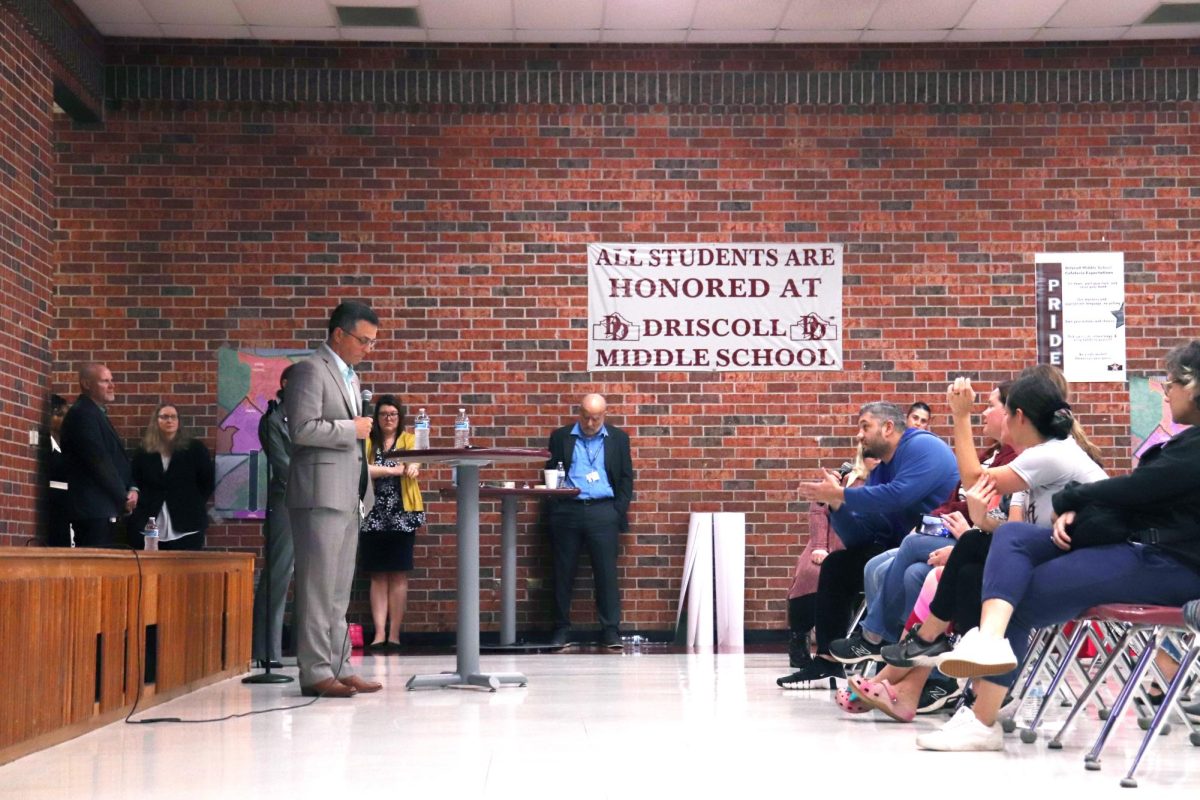
People say that children are the future. As the generations go on, the younger population has grown up with a more open mind that has often led to great social change as they have grown up. Teenagers have also taken up more adult responsibilities. For that reason, many states, such as California, Massachusetts, and New York, have been fighting to lower the voting age to 16.
Right now, millions of teenagers are employed and volunteering. Many teens have also taken on the responsibilities of making extreme financial contributions to pay family bills or even becoming the primary caregivers of their households. They have the roles of adults without the privileges.
Yet, when it comes to matters of the law, many 16 and 17-year-olds get the same treatment as an adult. In every state, it is possible for a juvenile case to be transferred to adult criminal court. Every year, approximately 250,000 teenagers are tried, sentenced, or incarcerated as adults. Teenagers are also given the same treatment as adults when it comes to taxes. In 2011, people under the age of 18 paid over $730 million in income tax alone. Since teenagers can’t vote, this is considered taxation without representation.
Teens have also shown a big interest in politics. Despite attempts to exclude teens from the political process, they are still actively making their voices heard. Teenagers have made participation possible by forming Political Action Committees and managing campaigns. On the rare occasions that teens are allowed to vote, they take initiative. In 2013, Takoma Park, Maryland lowered their voting age to 16 for local elections and had a turnout rate four times higher than registered voters over the age of 18. Again when Hyattsville, Maryland lowered their voting age, they ended up with more minors than adults. Voters aged 16-17 were found to have made choices that were “more congruent with party positions” leaving the researchers to conclude that “lowering the voting age does not appear to have a negative impact on input legitimacy and the quality of democratic decisions.”
Not only does lowering the voting age help voter turnout, but it will also help to improve the lives of the younger population. Young people have the right to be heard and to have their needs taken seriously. Teens are better able to understand modern issues around internet privacy and media use. Their representation in politics could help improve these issues.
Older folks may try to say that teens are too young and inexperienced to contribute anything to the political system or to even understand it, but they would be wrong. Congress concluded in the Voting Acts Right of 1965 that a sixth-grade education provided “sufficient literacy, comprehension, and intelligence to vote in any election.”
Lowering the voting age is a popular idea with many influential supporters. Nearly half of US states have seen legislative attempts to lower the voting age in the last two decades, including four towns in Maryland that have successfully lowered their voting age to 16. Internationally, more than 25 countries have a voting age lower than 18 with many more following their lead. It only makes sense for the US to go along with their allies and welcome teenagers into politics.
